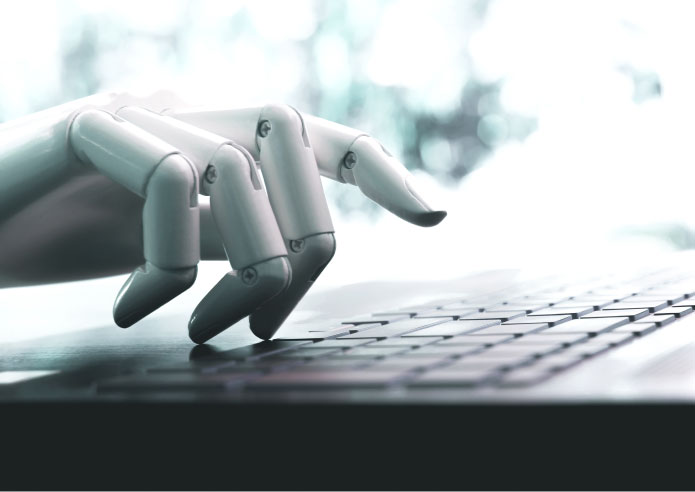Despite artificial intelligence (AI) remaining one of the central topics in business discussions in 2025, almost half of companies (45%) do not have a specific strategy focused on the tool, as indicated by a recent survey published by ISC², an organization specialized in training for cybersecurity professionals.
“This means that, in practice, this gap prevents the majority of companies from turning AI into a competitive advantage. It creates a limited innovation cycle, which can be vulnerable to more advanced competitors,” comments Vera Thomaz, CMO (Chief Marketing Officer) of Unentel, a distributor of technological solutions for the B2B market.
Among the factors that lead to this scenario, we can highlight training and professional qualifications, since AI requires specialized labor to be implemented and effectively utilized. Another barrier is the difficulty of integrating AI throughout the supply chain, mainly due to limited technological infrastructure.
“Without a solid and adaptable technological foundation, it becomes challenging to process large volumes of data and implement advanced solutions effectively. The lack of standardization and consistency in databases, combined with reliance on outdated and inflexible systems, also makes the incorporation of AI slow, complex, and expensive,” continues Vera.
Additionally, there are still doubts and uncertainties regarding regulation and ethics for this type of technology, with concerns focused on the risk of data leaks, generating hesitation among some Brazilian business owners. But, contrary to popular belief, digital security is another area enhanced by AI. Currently, there are multiple artificial intelligence models on the market that can facilitate the detection of fraud and cyber threats in real time, protecting both company and customer data.
This type of technology also has the potential to optimize complex processes, perform predictive analysis, identify risks, and standardize and structure information dynamically, representing a strong competitive advantage, especially in terms of productivity.
“Companies that are investing in training, modernization, and integration of AI into their operations will be one step ahead of the competition, achieving greater agility, innovation, and profitability in the market,” concludes the CMO.
